
by Kalyn Waters | Jun 3, 2019
Ethan Carter, Regional Crop IPM Agent, and Kalyn Waters, Holmes County Agricultural Agent Trees, fences, and uneven ground can make applying pesticides to pastures with a boom-type sprayer challenging. One way to avoid these hazards is to utilize a boomless sprayer....
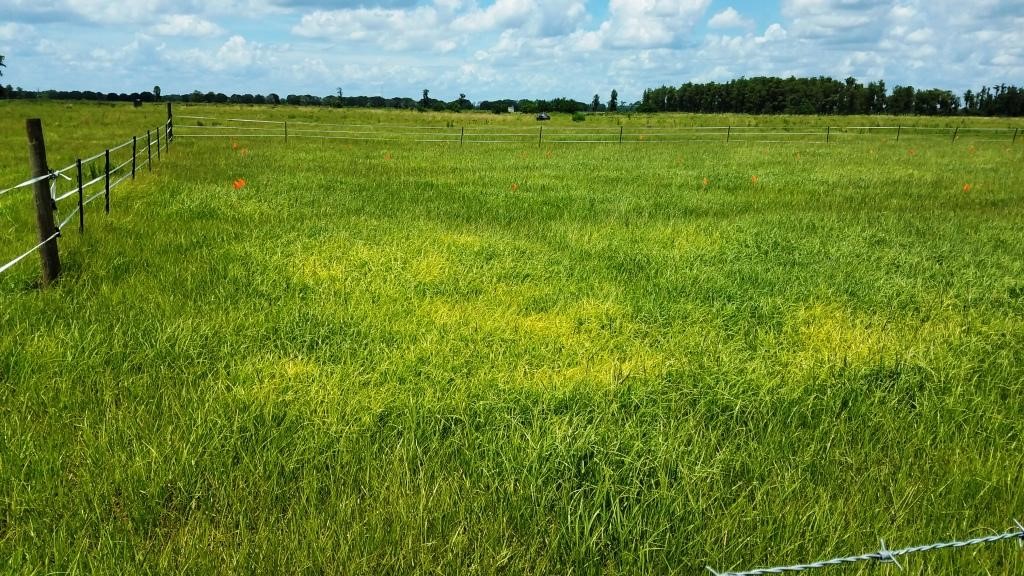
by Cheryl Mackowiak | May 24, 2019
Cheryl Mackowiak UF/IFAS Soil Specilaist, Ann Blount UF/IFAS Forage Breeder As summer approaches, it is a good time to sample your soils and/or review your latest soil report, in order to review your pasture fertility management for the new growing season. University...
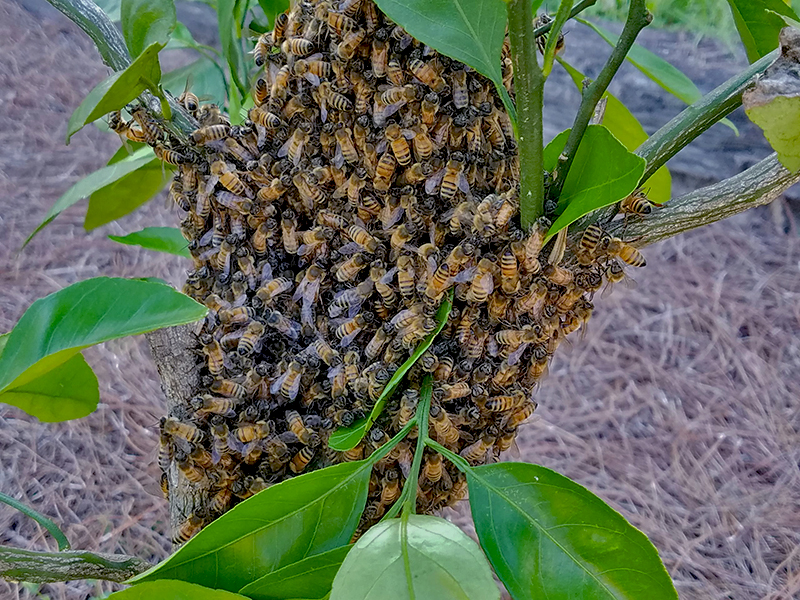
by Evan Anderson | May 24, 2019
The European Honeybee, Apis mellifera, is not native to North America but it is a very common sight here. Awareness of the importance of this species has risen in recent years as new threats to the well being of our honeybee population arise. Important as bees are,...
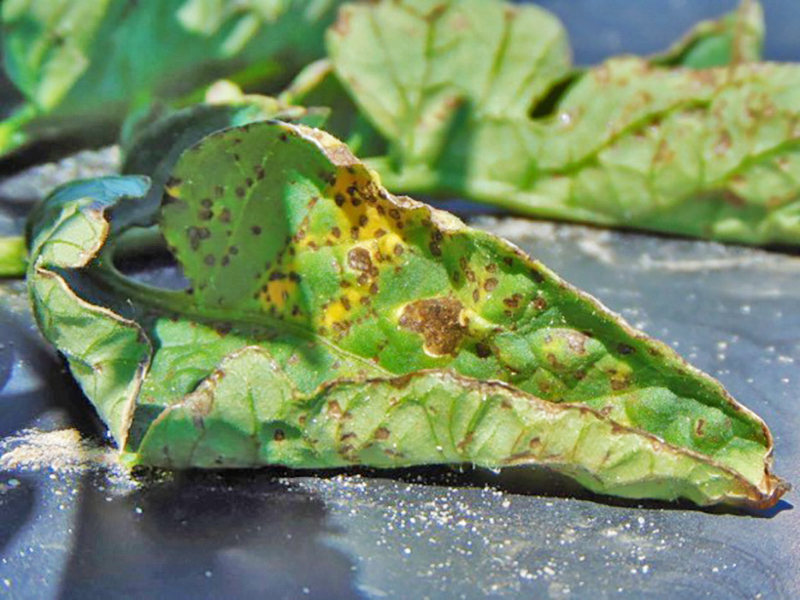
by Mathews Paret | May 17, 2019
Mathews Paret, Fanny Iriarte, Susannah Da Silva, Steve Olson, and Steve Hoak, UF/IFAS NFREC – Quincy Researchers at the University of Florida’s North Florida Research and Education Center, Quincy have been surveying North Florida tomato production the last...
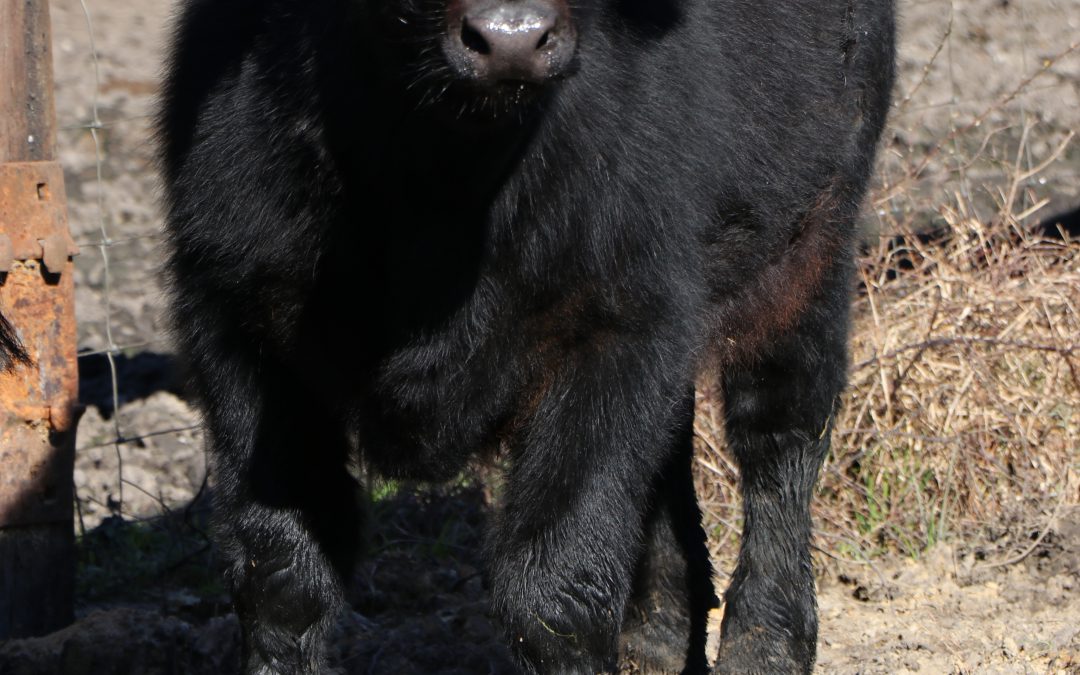
by Kalyn Waters | May 17, 2019
Parasites are stressful for cattle. Parasite management can be stressful for producers. When you start shopping and comparing the assortment of dewormer products labeled for use in cattle, the options can be overwhelming. Knowing how critical parasite control is for...
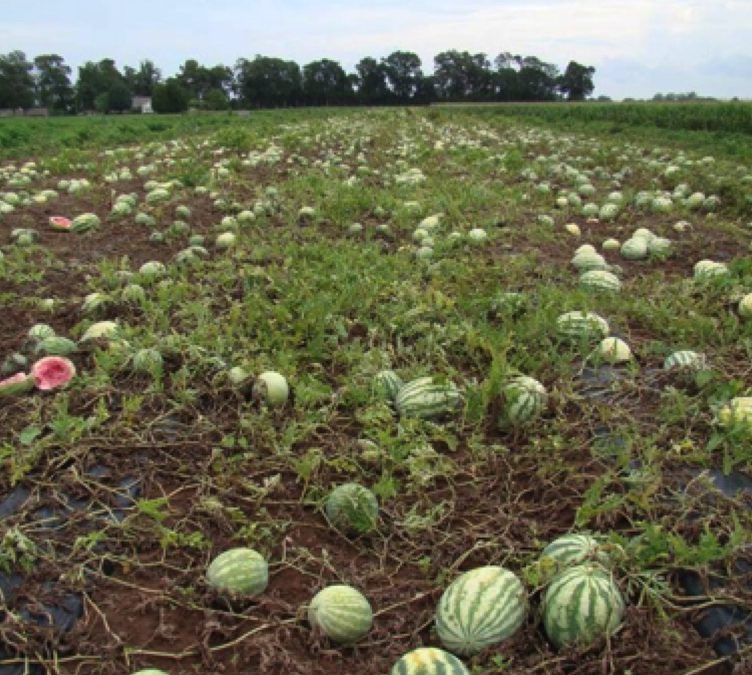
by Logan Boatwright | May 13, 2019
Within the past two weeks, there have been multiple calls about pests affecting watermelon crops. One pest in particular is Didymella bryoniae, better known as Gummy Stem Blight (GSB) has been an issue. This fungus is a common problem in Florida and can cause...







